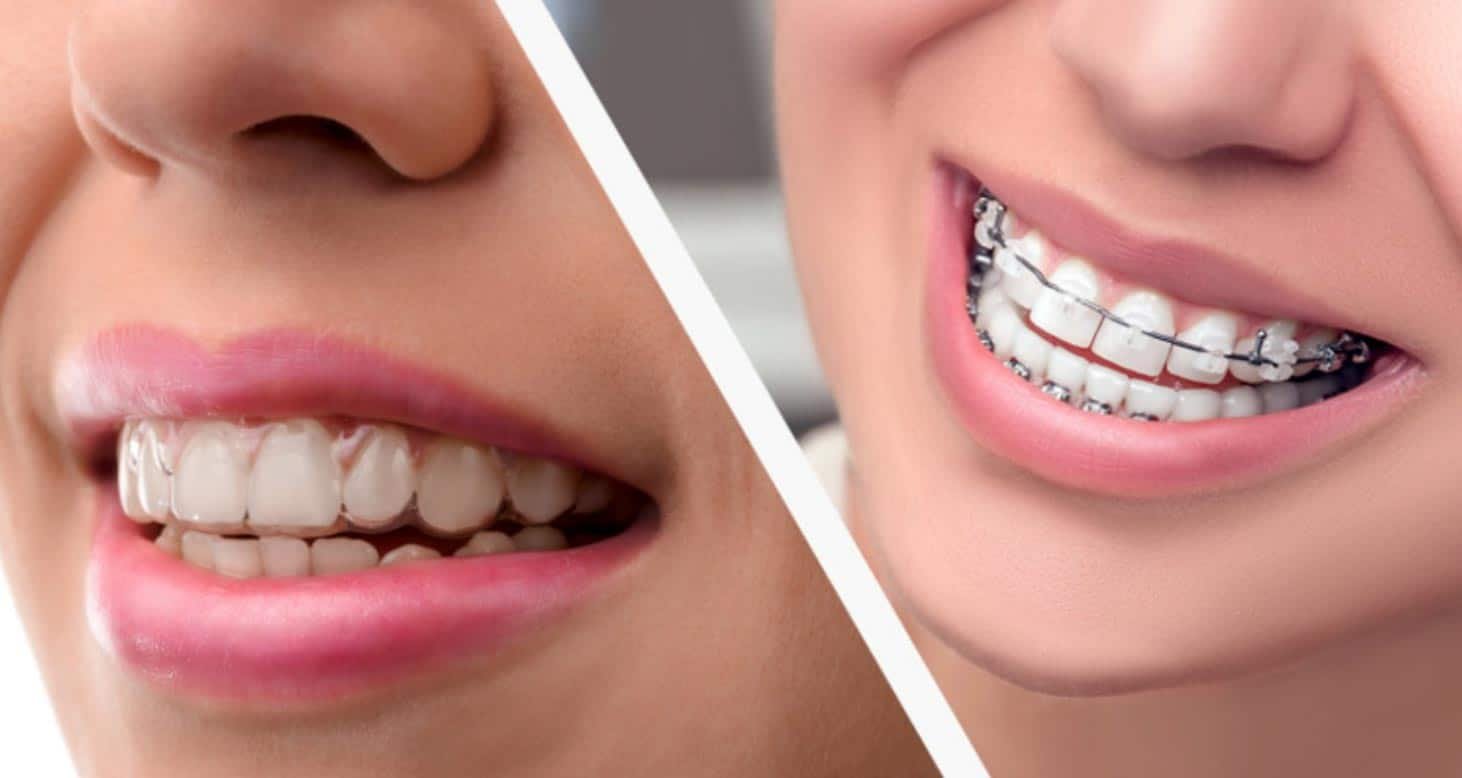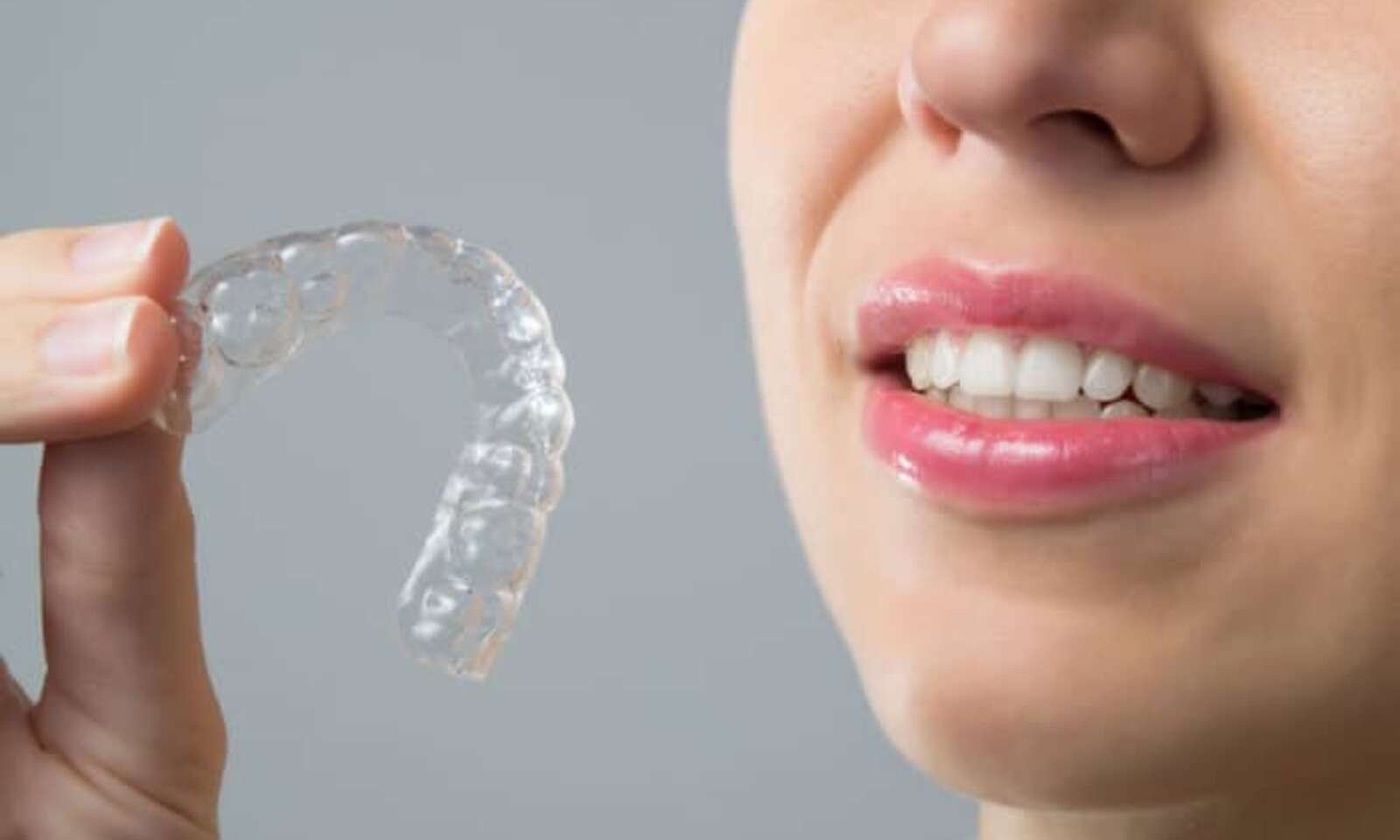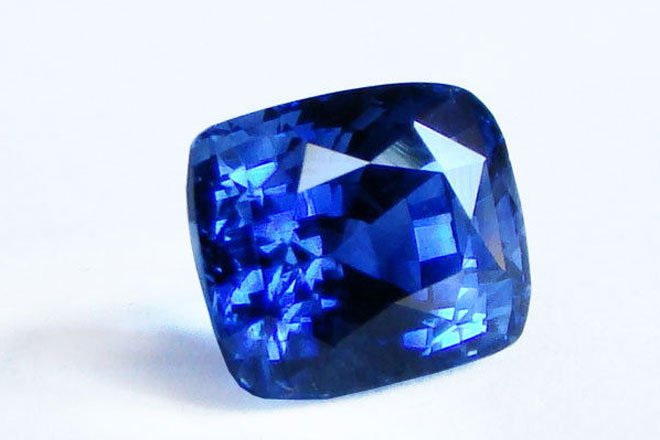Does Creatine Work as Pre-Workout? We Asked the Experts
If you’re in the market for the best pre-workout supplements, you may have come across one called Creatine Pre Workout and wondered if it’s worth your time or money. Maybe you’ve used creatine before, or maybe you haven’t. Maybe you don’t know what it does, but still want to take it because everyone else seems to be taking it these days.
Supplementation During an Intensive Training Cycle
If you’re supplementing your pre workout with creatine, you can take it either before or after training. However, it’s advised that if you’re going to be working out hard for long periods of time (especially multiple times a day), then taking a creatine supplement after training is preferred. Also remember that there are lots of different forms of creatine on today’s market and many pre workouts will already contain creatine so make sure to check your ingredients and save money by buying creatine on its own. You can also get creative with how you incorporate supplementation into your overall health routine (such as sprinkling some on food) which can save even more money!
Timing Creatine to Maximize Its Effectiveness
What does creatine transformation mean? It means timing your creatine to maximize its effectiveness. First, we have to understand how it works. When you consume creatine monohydrate, most of it is digested in your intestines and has no physiological effect whatsoever (it’s literally excreted as a waste product). The rest makes its way into your liver, where it gets converted into phosphocreatine. Here’s what happens next: As ATP (your body’s energy source) breaks down, some of that ADP gets funneled back into your mitochondria—but not all of it.
Which Types of Exercise Benefit From Creatine Supplementation?
Research has found that creatine supplementation helps improve energy and endurance for a variety of different types of exercise. However, research is mixed on which kinds of exercises benefit most from creatine. While some studies have suggested no difference in strength gains between those who use creatine and those who don’t, other studies have found that endurance athletes like cyclists are more likely to benefit from using it compared to strength athletes like weightlifters. Additionally, we don’t know yet if creatine can help people with fibromyalgia or rheumatoid arthritis recover better than standard treatments. For example, research has also found conflicting results when it comes to strength training versus aerobic exercise: do you take creatine on rest days?
How Long Should I Take My Creatine Supplement For Best Results?
Do you take creatine on rest days, creatine transformation (1:30) is a great video to watch. First, it has three experts who have studied creatine, workout routines and sports performance. They give their thoughts on how long you should take creatine for and when is best to take it. Second, they use studies to back up their arguments which I find very helpful when trying to determine how accurate something like that is. A lot of people will say a certain thing because of their own personal experience but that doesn’t mean it’s always right or true so what I like about videos like these are they also use science.
The Best Way to Increase My Creatine Intake Is…
A lot of studies focus on how much creatine you should take every day, and how quickly you can expect to see results. However, there’s less information about when it’s best to take creatine. For example, do you take creatine on rest days or workout days? Is it better to space out doses throughout the day or save up your doses for one big hit? And what happens if you suddenly stop taking creatine after months or years of use? In order to get some answers from leading researchers, we asked them these questions and more. Here’s what they said











